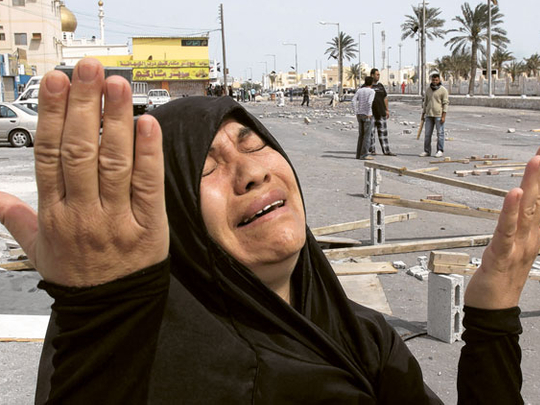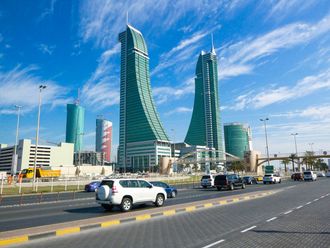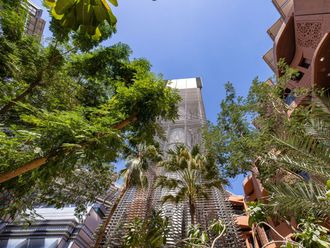
Dubai: Bahraini-Iranian relations have been tense as Iranian rulers from 1927 to 1970 have made attempts to consider Bahrain an Iranian territory.
After Britain announced its intentions to leave the region, the Gulf countries and Iran decided to settle the maritime boundaries and to maintain cooperation to ensure stability in the region. The most prominent result of these relations was the Declaration by the Iranian Shah to give up the forceful occupation of territories.
By 1969 the Shah announced that he accepts the right of self determination in Bahrain. In March 1970 the United Nations sent a commission to Bahrain to see the aspirations of the people there.
The result was that the majority of the Bahraini population wanted an independent sovereign state. Bahrain declared independence on August 14, 1971.
A new conflict
Bahrain-Iran relations have been strained since the discovery in 1981 of an Iran sponsored coup plot in Bahrain. In the early eighties the government of Bahrain announced that it arrested a group of saboteurs trained in Iran who orchestrated a failed coup attempt.
The Bahraini government unofficially regarded the coup as Iran attempting to overthrow their Sunni government. Iran denied all knowledge saying the fundamentalists were inspired by the Iranian revolution but had received no support from Iran.
Again with the beginning of the nineties, Bahrain witnessed instability with the renewed violence that peaked in 1994 and lasted until early 1996. The Bahraini government insisted on characterising the protests at the time as Shiite protests, accusing Tehran of financing secret organisations with the aim of toppling the regime in order to establish an Islamic state following the Islamic Republic of Iran.
By the beginning of 1996, Bahrain dismissed the third secretary in the Iranian embassy, claiming that some of his actions contradicted his diplomatic mission inside Bahrain. The Iranian government responded similarly.
In the same year the Bahraini government also announced that it had revealed a group called Bahraini Hezbollah, a Shiite opposition movement — a faction of the Iranian Hezbollah.
In addition to the existence of the Islamic Front for the Liberation of Bahrain, it is also a Shiite opposition movement. It was founded in 1976, took Tehran as its base.
Scheme to overthrow
After the discovery of the Bahraini Hezbollah and their scheme to overthrow the government, Bahrain decided to withdraw its ambassador from Tehran and reduce the diplomatic relations with Iran.
Bahraini-Iranian relations began to improve in 1997 after the election of the Mohammad Khatami as the new president of Iran. President Khatami had intentions to normalise relations with neighbouring Arab countries — especially the GCC countries.
New political tensions between Bahrain and Iran developed in February 2009 when Ali Akbar Nateq Nouri, an adviser to Iranian Supreme Leader Ayatollah Ali Khamenei, said Iran had sovereignty over Bahrain.
Bahrain halted natural gas negotiations with Iran in protest at the comments and demanded an official apology. Iranian Foreign Minister Manouchehr Mottaki travelled to the country to deliver an apology that year.












